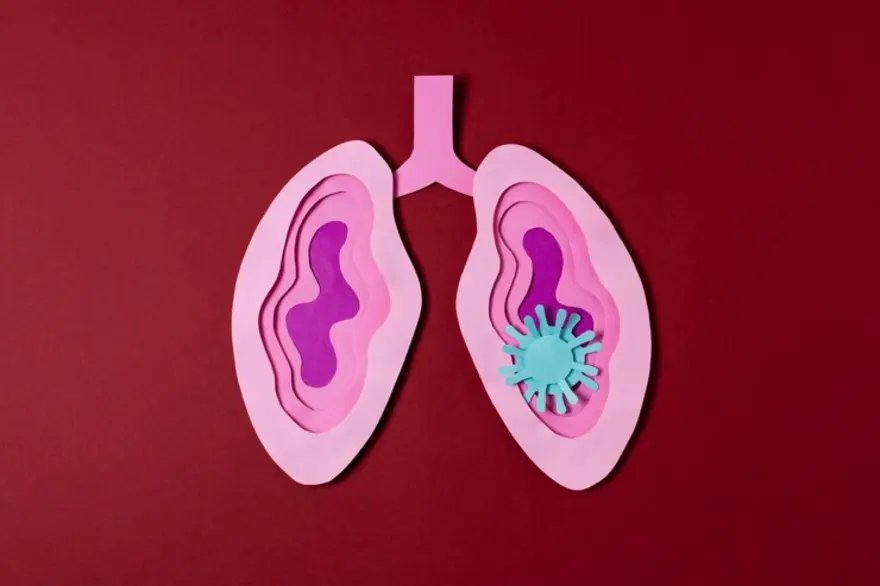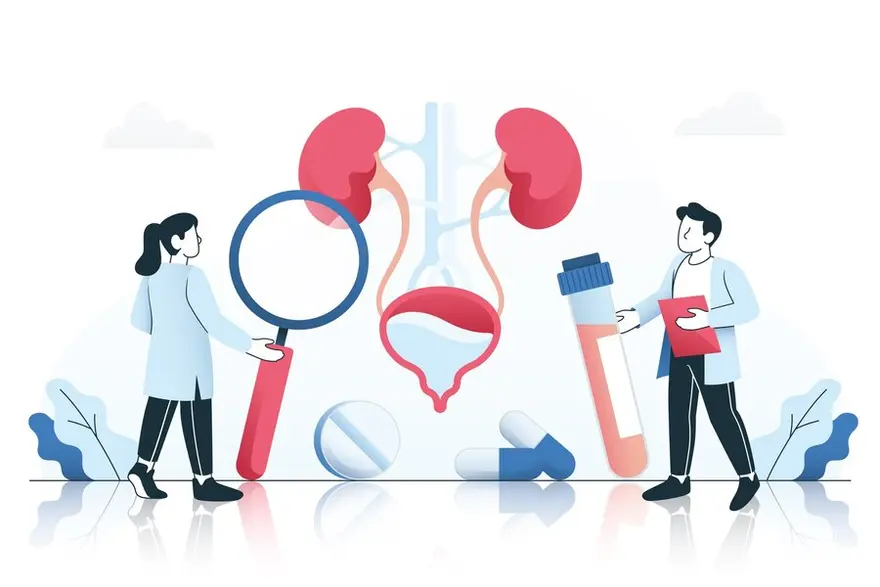Preventive Healthcare
Understanding Diphtheria: Symptoms, Treatment, Causes & Types
916 Views
0

Introduction
Diphtheria is a serious bacterial infection that affects the mucous membranes of the nose and throat. Despite vaccination efforts, it is important for you to know about diphtheria due to ongoing outbreaks and immunisation challenges. Therefore, in this article, we will grasp the basic insights into diphtheria symptoms, causes, transmission, and complications.
What is Diphtheria?
Diphtheria is a contagious bacterial infection caused by the bacterium Corynebacterium Diphtheriae. The diphtheria bacterium releases a toxin that causes a buildup of greyish membrane in the throat and nose. This obstructs the airway and can cause difficulty breathing and swallowing. In some cases, this may also cause sores on the skin.
What are the Different Types of Diphtheria?
There are two main types of diphtheria:
- Respiratory diphtheria: This is the most common type of diphtheria, affecting your nose, throat, tonsils, and larynx (voice box)
- Cutaneous diphtheria: This type of diphtheria may form rash, sores or blisters on your skin. It usually occurs in people with poor hygiene practices.
How Do You Get Diphtheria?
Diphtheria is spread through respiratory droplets from an infected person when they cough, sneeze, or talk. Therefore, avoid close contact with a diphtheria infected individual or contaminated objects as they can spread infection. Moreover, you are more prone to get diphtheria if you are not vaccinated against it.
What are the Symptoms of Diphtheria?
Here are a few common diphtheria symptoms:
- Soar throat
- Fever
- Swollen gland in the neck
- Difficulty breathing or swallowing
- Nasal discharge
- Weakness and fatigue
- Bluish discolouration of skin
- Lesions, sores, or blisters anywhere on the skin
If you are infected with diphtheria, you typically start showing signs two to five days after exposure. However, it can take anywhere from one to 10 days for diphtheria symptoms to appear after exposure.
What Causes Diphtheria?
Diphtheria causes can be pointed at a single bacterium, corynebacterium diphtheriae, which produces a toxin that can cause tissue damage and systemic effects.
How is Diphtheria Diagnosed?
Diphtheria diagnosis is done in the following manner:
Your doctor may collect the sample from the back of your throat using a swab. This throat swab is then sent to lab test to detect the presence of C. diphtheriae bacteria.
- Culture of the bacteria from clinical specimens: The sample from throat swab is grown in the lab to see if diphtheria causing bacteria are present.
- Polymerase Chain Reaction (PCR) test: This test looks for genetic material specific to the bacteria that causes diphtheria.
How is Diphtheria Treated?
Your doctor may treat you with a combination of antitoxin therapy, antibiotics, and supportive care as diphtheria treatment. For instance:
- Antitoxin is administered to neutralise the toxin produced by the bacteria causing diphtheria, while antibiotics are given to eradicate the bacteria from the body.
- Diphtheria supportive care includes measures to manage symptoms and complications, such as maintaining an open airway, providing intravenous fluids, and monitoring for any signs of respiratory distress or cardiac complications.
- In severe cases of diphtheria, hospitalisation and specialised medical care may be necessary.
What are the Complications Associated with Diphtheria?
The complications of diphtheria can be severe, but consulting your doctor at the earliest and with proper diphtheria treatment can be cured. The complications include:
- Airway obstruction: The thick membrane formed in your throat during respiratory diphtheria can block your airway, leading to difficulty breathing and, in severe cases of diphtheria, even suffocation.
- Myocarditis: Diphtheria toxin can damage your heart muscle, leading to myocarditis and inflammation of the heart muscle. This can result in abnormal heart rhythms, heart failure, and even sudden cardiac death.
- Neurological Complications: In rare cases, diphtheria toxin can affect your nerves, leading to neurological complications such as paralysis or nerve damage.
- Systemic Infection: Diphtheria bacteria can spread through your bloodstream, leading to systemic infection (septicemia), which can result in organ failure and septic shock.
- Death: Without prompt treatment, severe cases of diphtheria can be fatal, particularly in young children or individuals with weak immune systems.
However, immediate diphtheria treatment after recognising the signs and symptoms can help you come across fewer complications associated with both types of diphtheria and recover completely.
How is Diphtheria Prevented?
Diphtheria prevention primarily involves vaccination and practising good hygiene:
- Vaccination: The most effective way to prevent diphtheria is through vaccination. Make sure you and your family receive the diphtheria vaccine as part of the DTaP vaccine (for children) or Tdap vaccine (for adolescents and adults). These vaccines also protect against tetanus and pertussis. Remember to get diphtheria vaccine booster doses throughout your life to maintain immunity.
As side effects of diphtheria vaccination, you may experience fever, pain or redness at the site of injection and rarely allergic reaction to the vaccine itself.
- Hygiene Practices: Practice good hygiene habits, such as washing your hands frequently with soap and water, covering your mouth and nose when you cough or sneeze, and avoiding close contact with individuals who have respiratory infections. These measures can help reduce the spread of diphtheria.
- Ensuring Adequate Immunisation Coverage: It is essential to ensure that your community has adequate immunisation coverage through diphtheria vaccination programs. By participating in these programs and encouraging others to do the same, you can help prevent diphtheria outbreaks and reduce the overall burden of diphtheria.
Conclusion
Diphtheria is a serious contagious bacterial infection that must be treated immediately. If you are not vaccinated against diphtheria, book an appointment with your doctor as a precautionary measure. Also, practising good hygiene practices is of the utmost priority to prevent diphtheria. Being aware of diphtheria causes, symptoms, and treatment can help you overcome the condition. Regular health check-ups and getting your diagnostic tests recommended by your doctors with reliable diagnostic labs like Metropolis Healthcare Labs can further enhance the quality of your diagnostic results and preventive healthcare efforts.
 Home Visit
Home Visit Upload
Upload














1701259759.webp)









 WhatsApp
WhatsApp